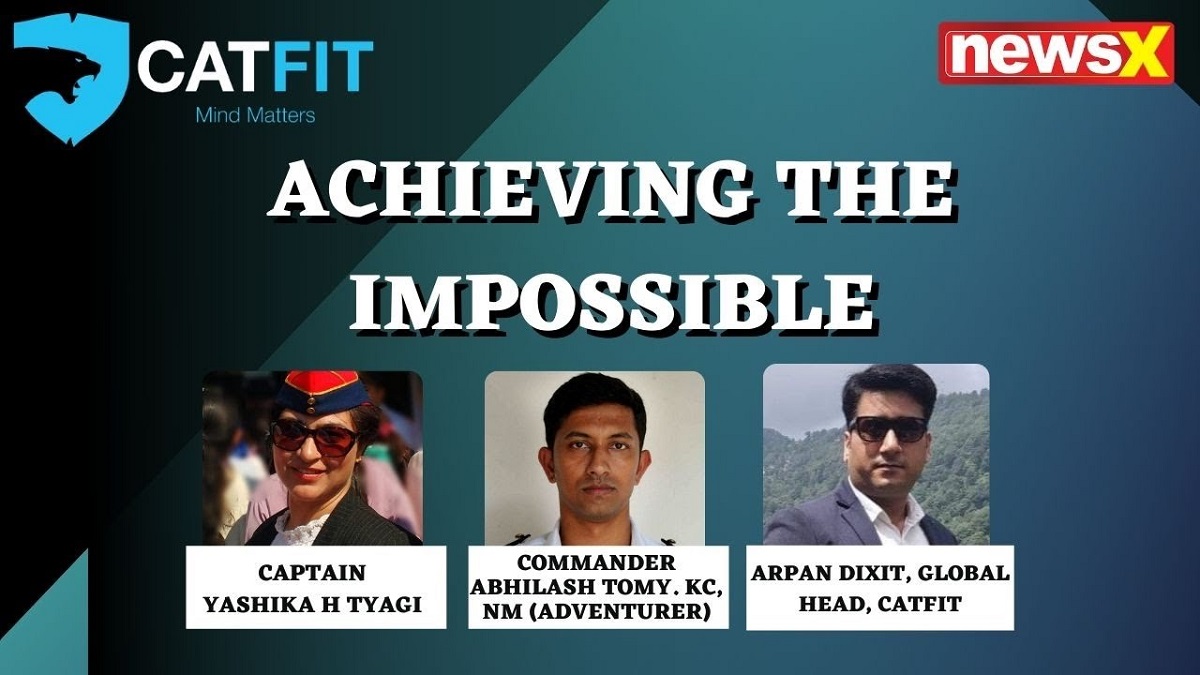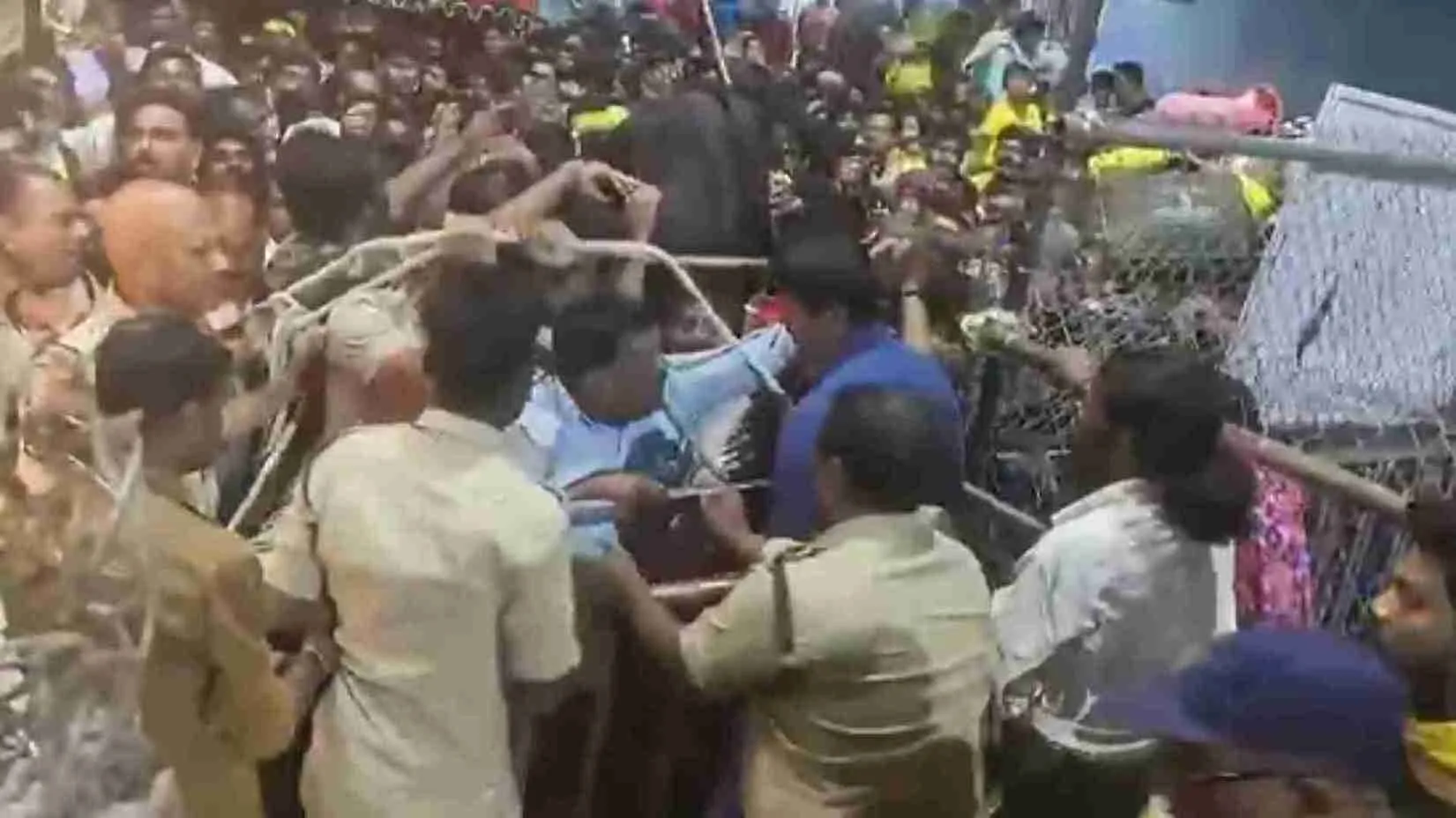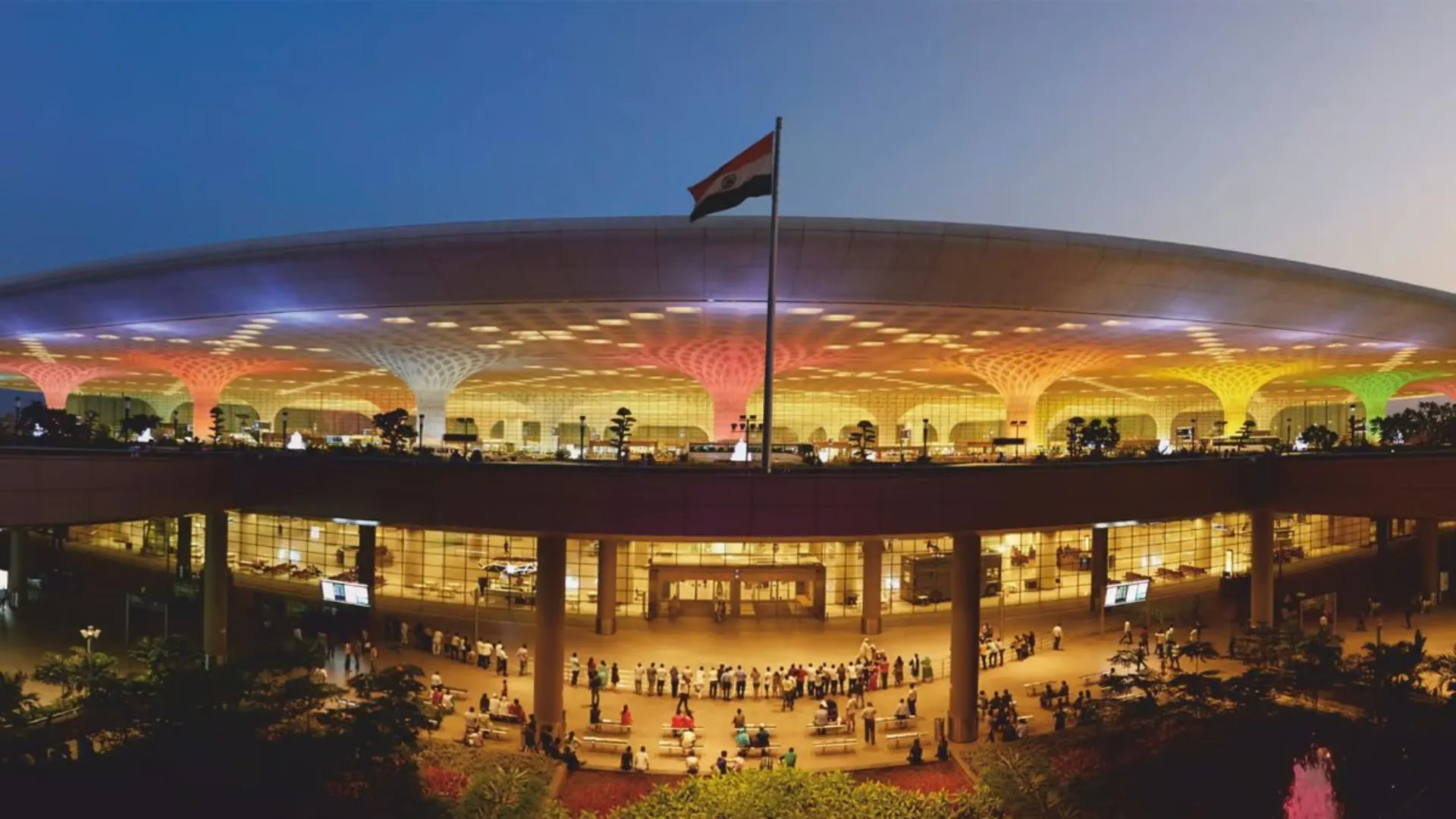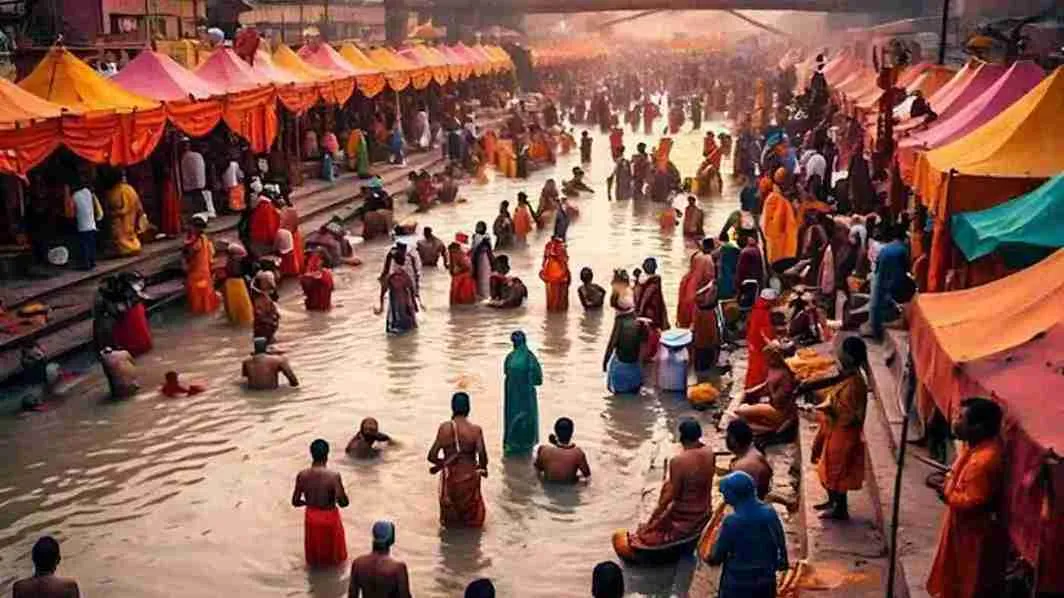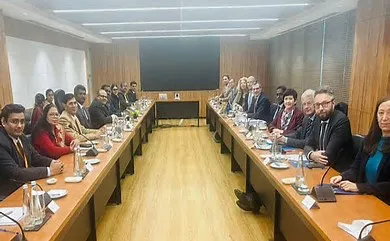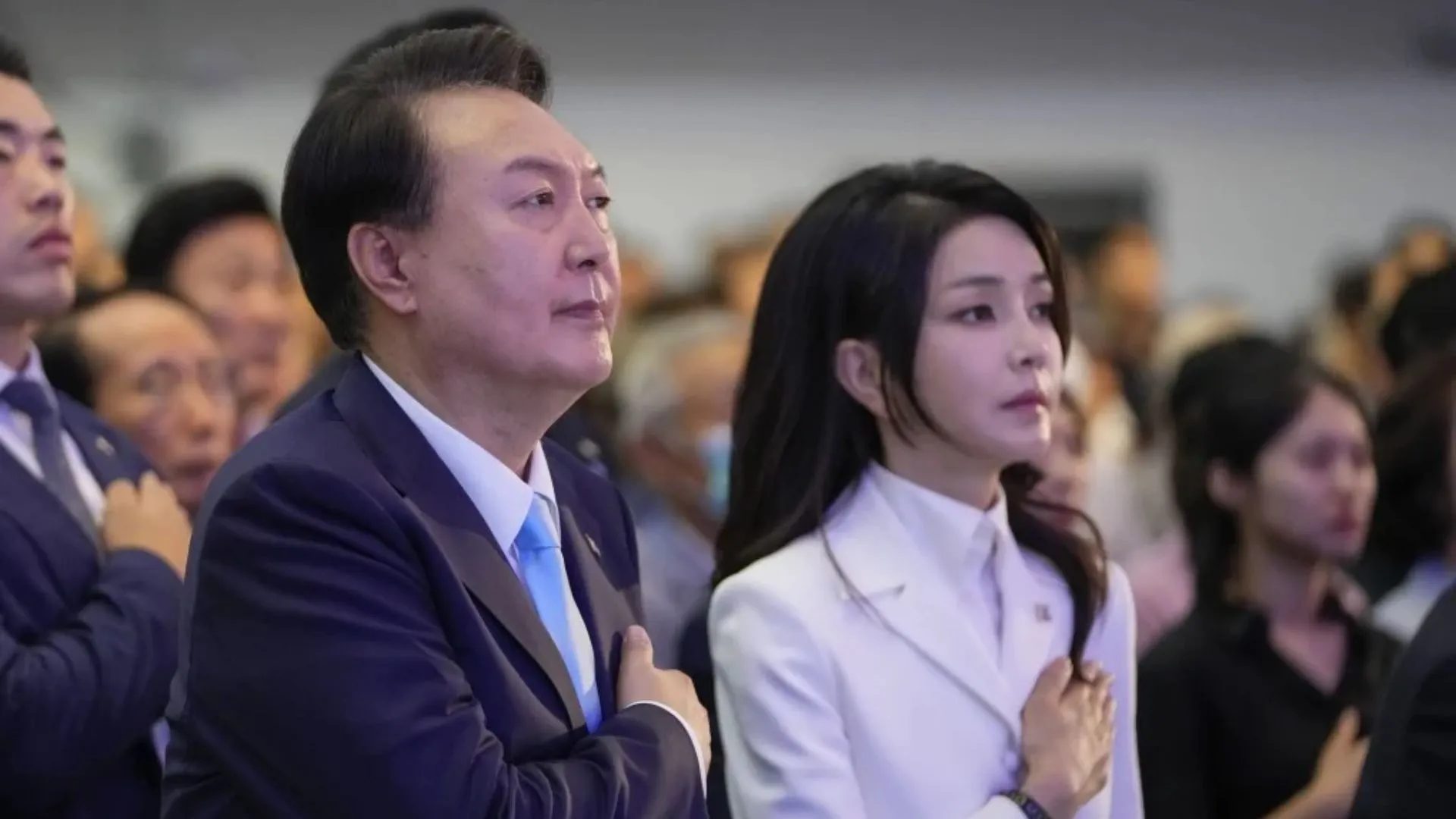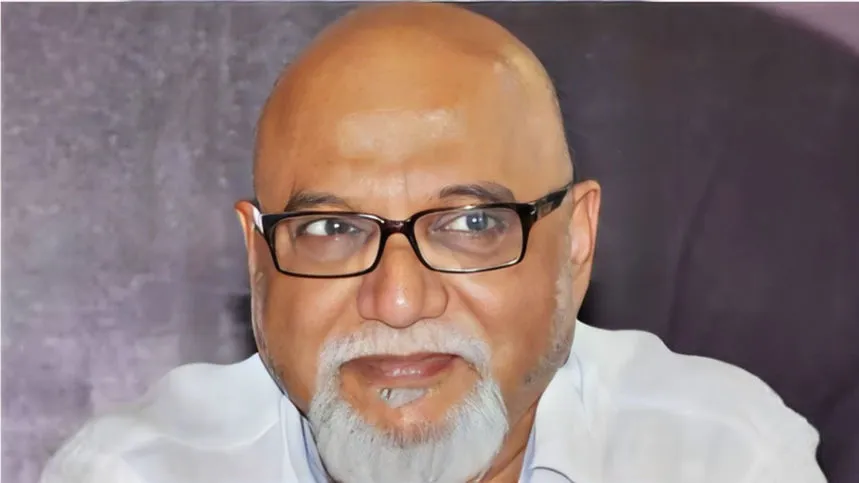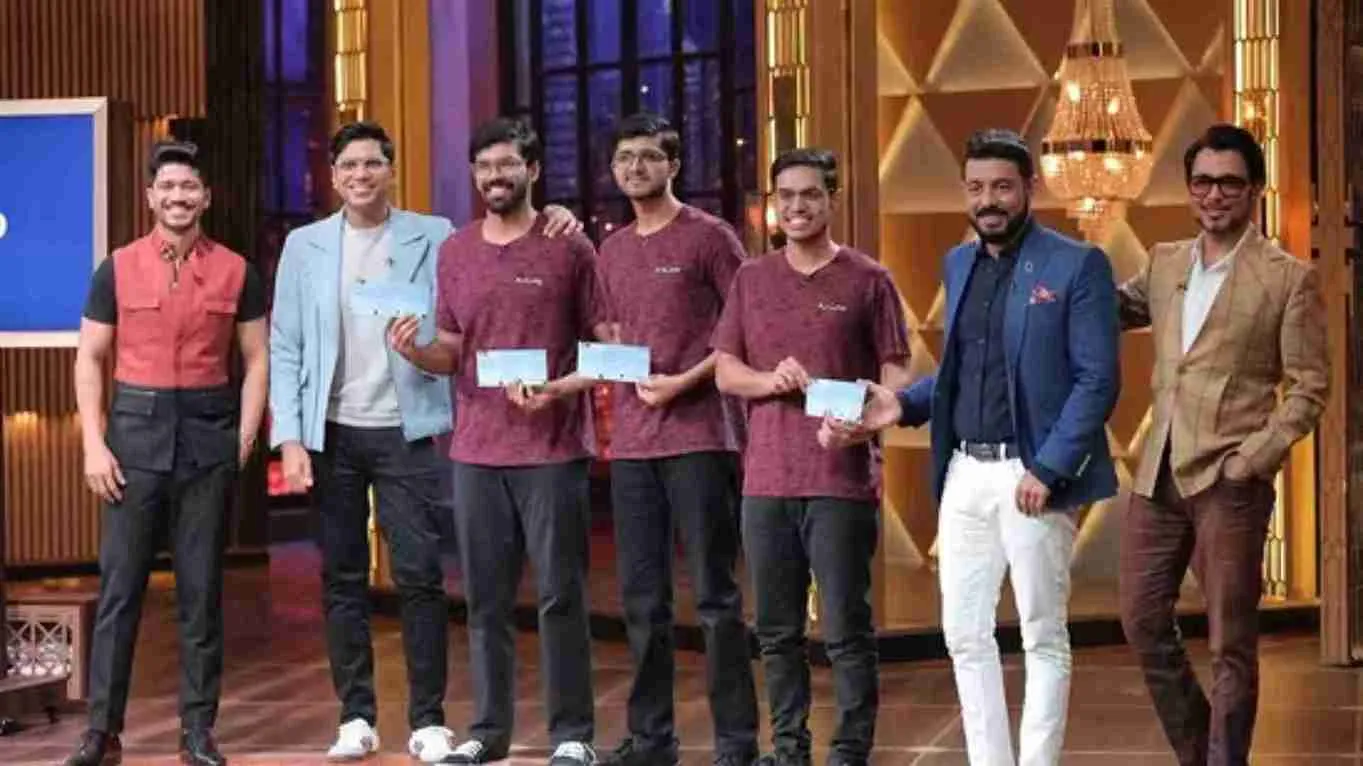In the 2nd episode of a special series presented by CatFit, NewsX was joined by a panel of experts who shared their views on ‘Achieving the Impossible’. In this episode, the panel shared various experiences and examples that emphasize coming out of one’s comfort zone and the panel stated that with a warrior mindset and right mental toughness training, anything can be achieved.
The panel included Commander Abhilash Tomy, Captain Yashika H Tyagi and Mr Arpan Dixit, Global Head, CatFit. Captain Yashika Hatwal Tyagi, said in her inaugural address that CatFit is a startup organization primarily made up of military veterans who have designed a breakthrough program using military applications and Special Forces tactics that are adopted by Special Forces Para Commandos, Army, Air Forces and Naval forces to keep up their mental courage, and consistently produce positive results.
Captain Yashika added, “CatFit aims to equip all students, sportsperson, office goers, and homemakers with life skills and to enhance their performance by fortifying their mental, psychological, emotional and physical fitness.”
Panellist Commander Abhilash Tomy is a naval officer who had sailed more than 52,000 nautical miles in his naval career, and he’s also a pilot who has flown naval reconnaissance missions. In the year 2013, he circumnavigated the globe solo and covered Sagar Parikrma nonstop in 151 days, covering 23,000 nautical miles. He is also a recipient of Kirti chakra, Nausena Award, Tenzing Norgay National Adventure Award, and McGregor Award.
Throwing some light on Commander Tomy’s journey, Captain Tyagi said, “In 2018, while competing in Golden Globe Race, a storm broke his small boat and injured him severely, he received a spinal injury that immobilized him totally. Grievously injured, all alone in a small boat with wild sea howling and raging all sides, he displayed exemplary daring guts and courage till he was rescued three days later. Never want to give up, he is now ready to participate in Golden Globe race 2020 and he has even taken voluntary retirement to chase his dream with undivided focus.”
Arpan Dixit, Global Head of CatFit, asked Commander Tomy about how the idea of circumnavigating the globe came to his mind. In reply to this, Commander Tomy said, “The idea of going to sea came to me when I was a child, I must have been six or seven years old and then the Trishna expedition happened, which was an Indian Army expedition, circumnavigating the earth with 19 stops, that really put that thought in my head that even I should grow up to do something like that. I must have been 19 when I got hold of a magazine, in which they spoke about a race called ‘Around Alone’. There were people racing alone around the world on sailboats, and that really reignited that thought in my head, and I thought that at least by the age of 40, I must attend a singularity circumnavigation. That’s how the thought came into my mind and one thing led to another, I joined the Naval Academy Sailing Team and there I learned the ropes of sailing. Then, as part of my career in the Navy, I was a reconnaissance pilot, but I would take time off, go sailing. And, you know, one thing led to another, I joined the Navy team and then I was deputed to be a manager for the Volvo Ocean Race, and then I got a chance to sail with Professor Radhakrishnan, who is sir CV Raman’s son from Oman to Yemen. After that, the Navy put me as Captain Dilip Donde’s shore support, he was doing a single-ended circumnavigation with stops. After that, the Navy wanted to raise the bar higher and they wanted somebody to do a non-stop circumnavigation and without batting an eyelid, I volunteered for it. So that’s how it started for me.”
Sharing his past experiences, Commander Abhilash said, “I think the most interesting experience was I’d just turned 21 probably and was posted in Jamnagar, doing electrical courses. I took a windsurf out in the evening and for some reason, it just stopped sailing properly, it broke down. There was another enterprise sailing close to me, they also had some failure and we started drifting away, rescue boat came to help us and that also had a technical snag. Finally, all of us tied our boats together, and we just drifted away. Next morning at 3 a.m. a meet from the Air Force Station came to our rescue, they located us and picked up two of the five sailors and finally a fishing boat came and rescued the rest of us. So my adventure started at a very early age.”
Talking about his mental resilience, toughness and where it comes from, Commander Abhilash said, “Personally, I don’t think it has to come from somewhere else except within you. I believe everybody has that level of
toughness and it is just a matter of time before they discover it. Either you discover it yourself, or somebody has to guide you. In my case, I believe it was a step by step thing, as my sailing horizons expanded, I took greater risks and I think my mind also expanded and got tougher. As years progressed, it was just about slowly expanding my comfort zone and I reached a stage where, with multiple spine trackers, I was still within my comfort zone.”
Speaking about his idea of being a pilot and sailor, Commander Abhilash said, “I was seven years old when I decided that I wanted to be a pilot and I wanted to be a sailor, the only place in India I could do both was in the Navy. That’s why I finished 12th and I got through engineering and medical colleges, but much to the disappointment of my parents and relatives, I joined the Navy. I did become a pilot and I ended up sailing. As for the flying circumnavigation is concerned, I didn’t have a plan to fly around the world. I did have, you know, some solid sponsors and but due to certain bureaucratic issues, it did not really fructify but I have not left that dream, it will happen someday. And if that happens, I will be the only person to have flown and sailed around the world alone.”
Commander Abhilash then talked about the role of his training in the Indian Naval Academy, he said, “Well, as a child, I was into books. My parents thought that I was extremely impractical and I had no idea of how the world functioned so, they thought that I would be a big failure. When I was joining the Naval Academy, in July 96, my father came to drop me off and as we crossed the gates of the Naval Academy, he said, ‘You’re going in a boy, but you will come out a man’. That’s what exactly happened in the next three years, my life completely changed. I was swimming, playing games, running cross countries, and doing academics. I was doing things that I thought were impossible and that’s what the training of the Naval Academy teaches us. It just proved that with training, you can completely change your life and change it to a degree that you won’t recognize it after some time and probably why, the dream of becoming a pilot did not look unachievable. It was just a matter of putting your heart and soul into it. Similarly, when I was preparing for the circumnavigation, less than 100 people have successfully completed a non stop circumnavigation of the Earth, whereas almost 6000 people have climbed Everest, and 600 people have gone to space. So, that’s how difficult nonstop circumnavigation is. All thanks to the attitude that was put into me when I was at the Naval Academy that going for a circumnavigation looked like a walk in the park.”
“Achieving the impossible requires a warrior mindset and mental toughness training. Congratulations to Team catFit for being the pioneers of this field in India, as this is the need of the hour”, he added.
Speaking about the personnel that works for CatFit and how they achieve their aim of performance enhancement, Mr. Arpan said, “We’ve lucked out with Special Forces tactics. So essentially, we’ve taken the best of what the special forces and the black cat commandos do and we’ve replicated that for corporate systems, students, etc. As far as the trainers are concerned, we have motivational speakers, experts, psychologists, counsellors, Physical Fitness Trainers, toughness trainers, storytellers and personality development trainers. The whole idea is when killing somebody, it requires a level of mental, physical, psychological and physical training so that when the person goes back to doing what he does, they do it better and that is our whole idea behind this.”
Captain Yashika the spoke about the aspects of mental toughness that CatFit brings into the civilian world. She said, “CatFit’s moto is- Mind Matters. We believe that your mind is a powerhouse and everything is achievable if your mind can believe it. The coping mechanisms, how to deal with adversity, the adversity quotient as we call it, is essential and trainable. How soon can you bounce back, once adversity hits you? That is what we can train you in. I am a leadership multiplier because I draw strength from my own personal experiences. Mental toughness is gender-neutral and when I speak with personal experience, I think people connect, and understand where I’m coming from.”
Commander Abhilash talked about his Golden Globe dream and how that has shaped his life. He said, “I’ll give you a brief history of the Golden Globe Race. In 1968, nine men attempted to sail around the world alone without stops, to find out who would be the first person in the world to do so. And out of those nine people, two ended up committing suicide and another, ended up going around the world twice and didn’t come back to civilization because he thought it was not worth it. However, nobody finished except for one gentleman, whose name was Sir Robin Knox Johnston. That race has been known to be the toughest race of all times in the entire history of sailing and 50 years later, that race was repeated. It was called the Golden Globe race of 2018. I threw my hat into the ring and I got a special invitation from these guys. 18 people started, out of those only five finished, I broke my spine and lost my boat. Gregor McGuckin lost his boat, Susie Goodall lost her boat. That turned out to be a very difficult and extremely interesting race. Now I’m planning to take part in the next edition of the same race in 2022. Mental preparation, I don’t need any because I believe, that’s half the battle won. I need a sponsor because that plays the most important part. In a race like this, with a good sponsor, you can have a very well prepared boat and a fantastic team behind you. Then it’s just a matter of sailing around the world which is the easiest thing in the process.”
Commander Abhilash spoke about his warrior mindset, service experience and sailing experience in motivating the youth, he said, “From sailing, I’ve understood that this can completely change a person. It makes you patient, it gives you a lot of skills, for the non-stop circumnavigation and you learn how to be a cook, carpenter, electrician, engineer, navigator, communicator, a lot of skills are required to be a sailor.
I believe, that if every youngster in this country of this generation went to sea as a sailor, or in some capacity, this entire country is going to be completely different after one generation and in a good way. My aim after retiring from the Navy is to help Indians go to sea, and I think that’s the biggest service I can do to the country.”
Speaking about her experience of fighting in the Kargil War, while being five months pregnant, Captain Yashika said, “I never for a minute felt that I am unfit to do the task. I was there, in my full Josh. I was medically fit and normal. I was just soldier of Indian Army doing my bit like everyone else there and I got a thumping battle report and two medals. See, it is said ‘Mann ke haare haar hai, mann ke jeete jeet’. So, my resilience came from my mind and my body supported me because my mind was ready.”
Commander Abhilash talked about the avenues open for enthusiasts and the economic, physical and mental challenges that they should be prepared for when taking up sailing. He said, “To be honest, it’s a myth that sailing is an expensive sport. If you look at any other sport, like cricket or something, you need investment in real estate to set up a stadium. That real estate is free when it comes to sailing, the sea is free, anybody can access it. Unlike cricket, where your personal gear is just a cricket bat, ball and a couple of sets of wickets, in sailing, you need boats. But sailors have found a way around it by having a pool of boats, they’ve founded clubs, and you can easily become a member of a club and start sailing. If you put in 30-40,000 you can buy a boat for your kid, and in no time you will find your kid is totally independent boy or girl of 10 years, rigging her/ his boat, taking that boat to sea all by themselves and coming back, is a sight to behold.”
Talking about his recommendations of where to start teaching sailing, Commander Abhilash said, “There are enough clubs which have popped up all across the country and there was a time when it was only the military that had sailing clubs, but now a lot of private and civilian sailing clubs with different levels of membership. But if you just want to be a sailing member, want to access the boat, there are cheaper memberships. You’ve got facilities in some of the hotels, which have sailing boats that you can rent and go sailing and go with an instructor as well. But there is a big fear of the sea and people are scared to swim. This subject is not very well known in schools and children don’t really learn much about sailing or the fact that there is a sport called sailing. I think it’s an awareness change that needs to happen, once that change happens, the desire to go to sea will automatically come. Those who go to sea once will never look back, they would want to go repeatedly.”

